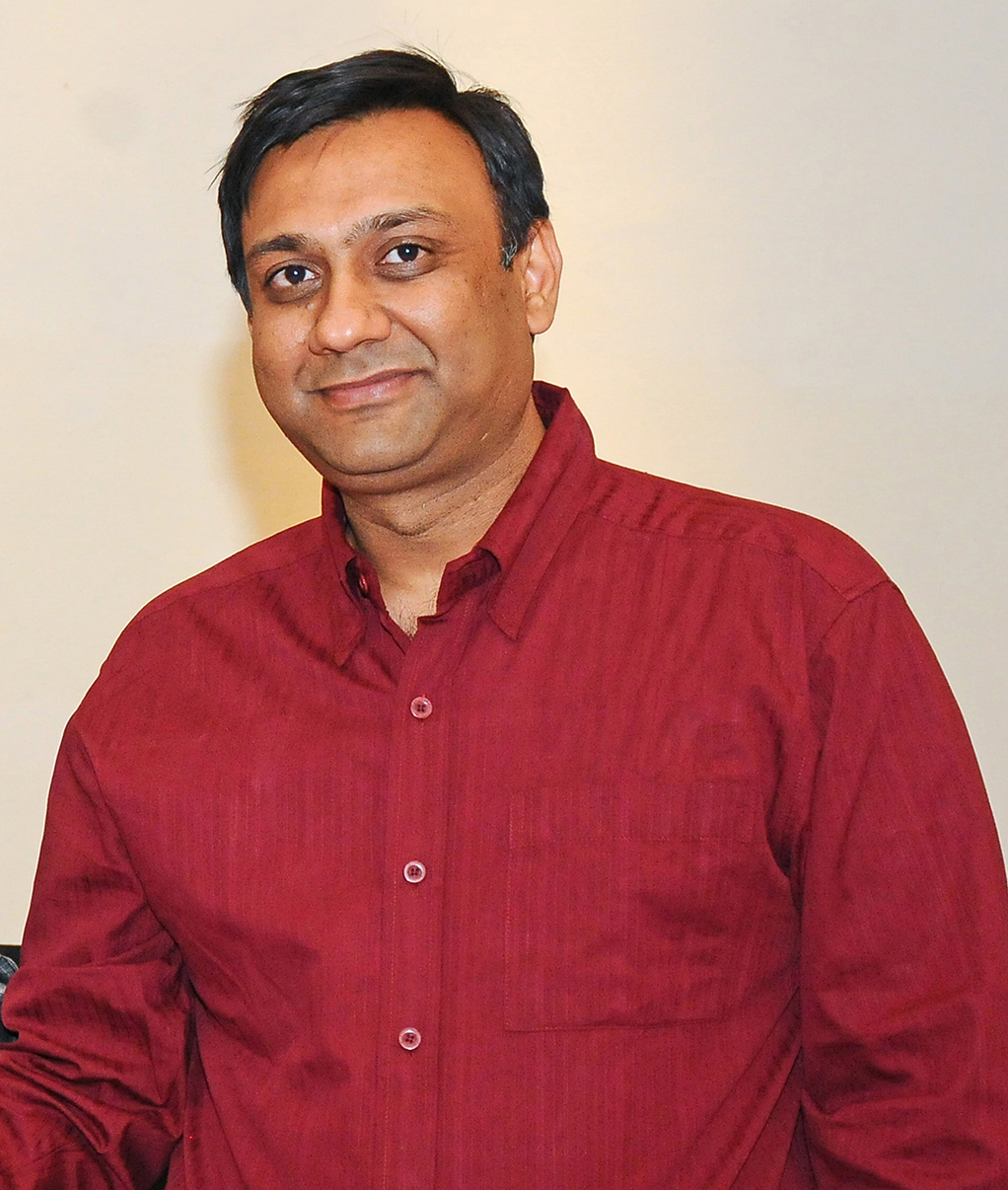
With various factors such as the drive towards zero emission, perking up of the travel and leisure sector and the positive response for e-mobility driving the transportation industry, Rishi Aggarwal, Managing Director, JCBL Limited, is confident of great growth for the company in the coming years, as told to N. Balasubramanian in this exclusive interview
How is JCBL’s bus business faring at present? The bus segment was one of the most severely impacted during the pandemic and so how did JCBL handle the extreme and unexpected challenge? How much of a recovery have we seen? Which are the sub-segments driving growth and how does the rest of the current financial year look like?
The bus industry is sticking with its optimistic growth projection for the current fiscal given favourable growth drivers despite fuel inflation, chip shortages and geopolitical issues. This growth is supported by peak demands through the reopening of schools, colleges and offices after a span of two years and also government spending on public transport for various cities under FAME 2, CESL and the PPP mode which all put together comes to the procurement of 20,000 buses of alternative fuel. The JCBL bus business is back to the pre-pandemic levels and is currently operating at full capacity utilisation with strong demand visibility for the whole financial year. JCBL’s biggest strength is to manufacture highly customised mobility solutions as per the customer’s requirement which has kept us moving during the pandemic.
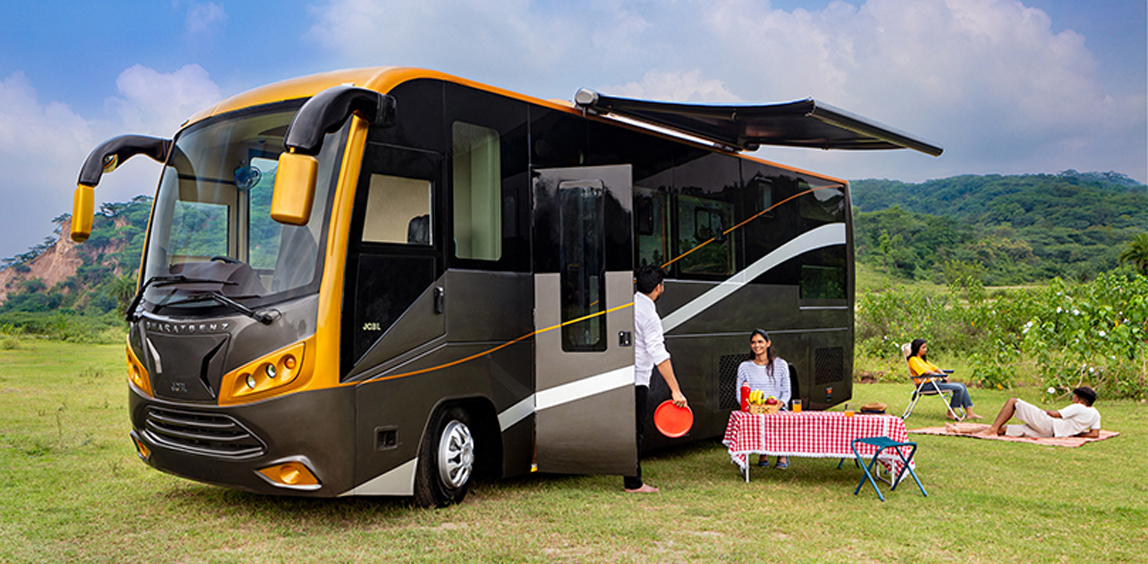
We supplied 600 ambulances to the Indian Army through Ashok Leyland and 109 advance life support ambulances to Bangladesh through SML ISUZU. The representative keys of 109 ambulances were handed over by our prime minister to Bangladesh’s prime minister. We also supplied 77 advanced life support ambulances through SML ISUZU to our home state Punjab. Various other healthcare applications implemented by us included corona virus testing vans, patient-carrying ambulances for NHAI, blood donation vans, etc. These supplies made us proud. The team at JCBL with the support of our partner OEMs and medical equipment suppliers worked relentlessly and stood strong in the critical hours of need.
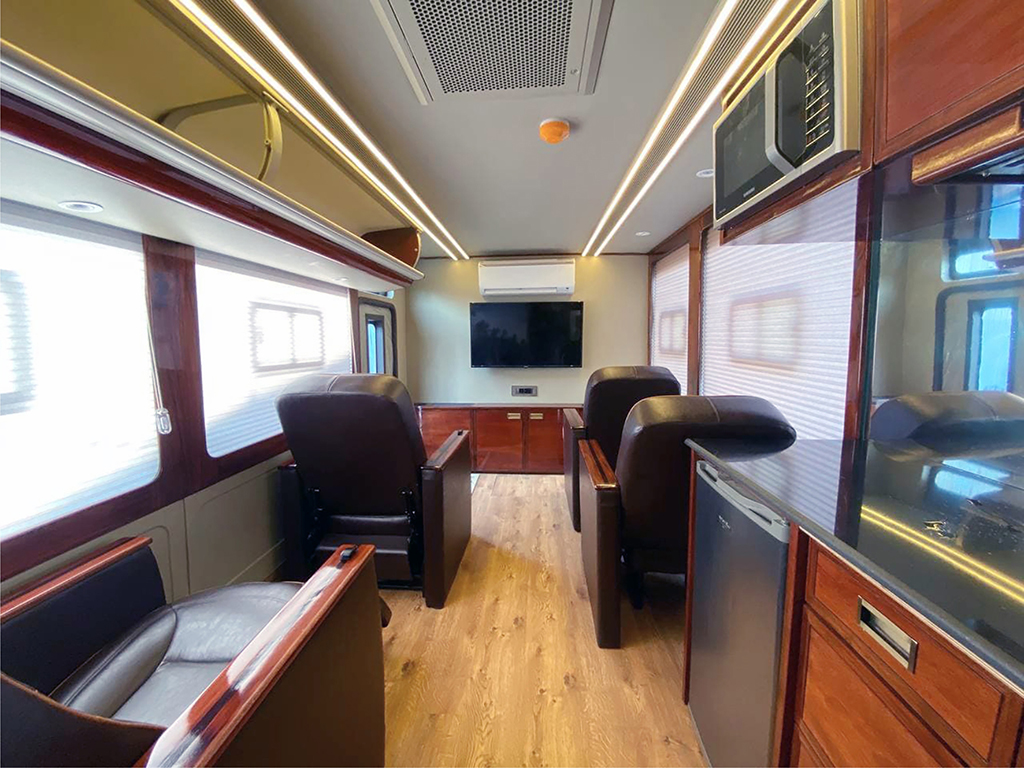
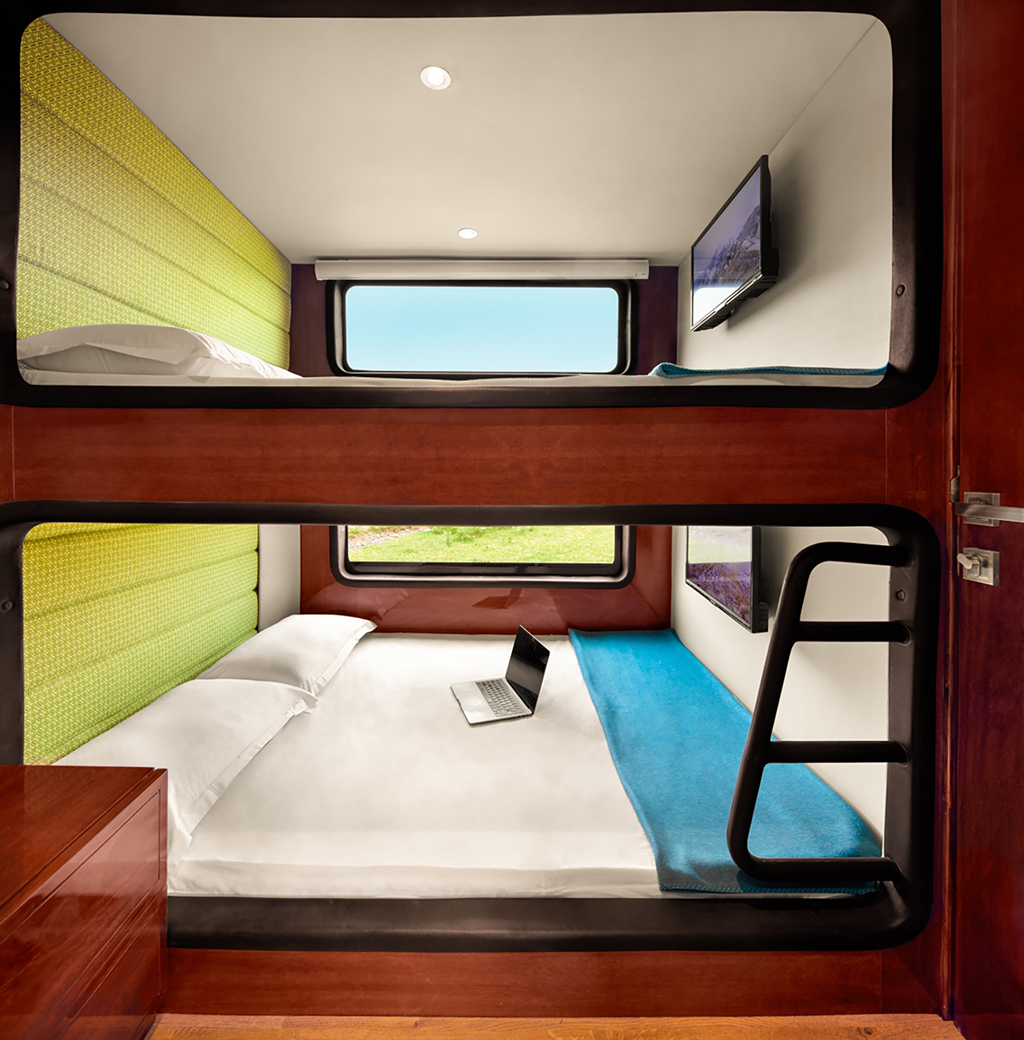
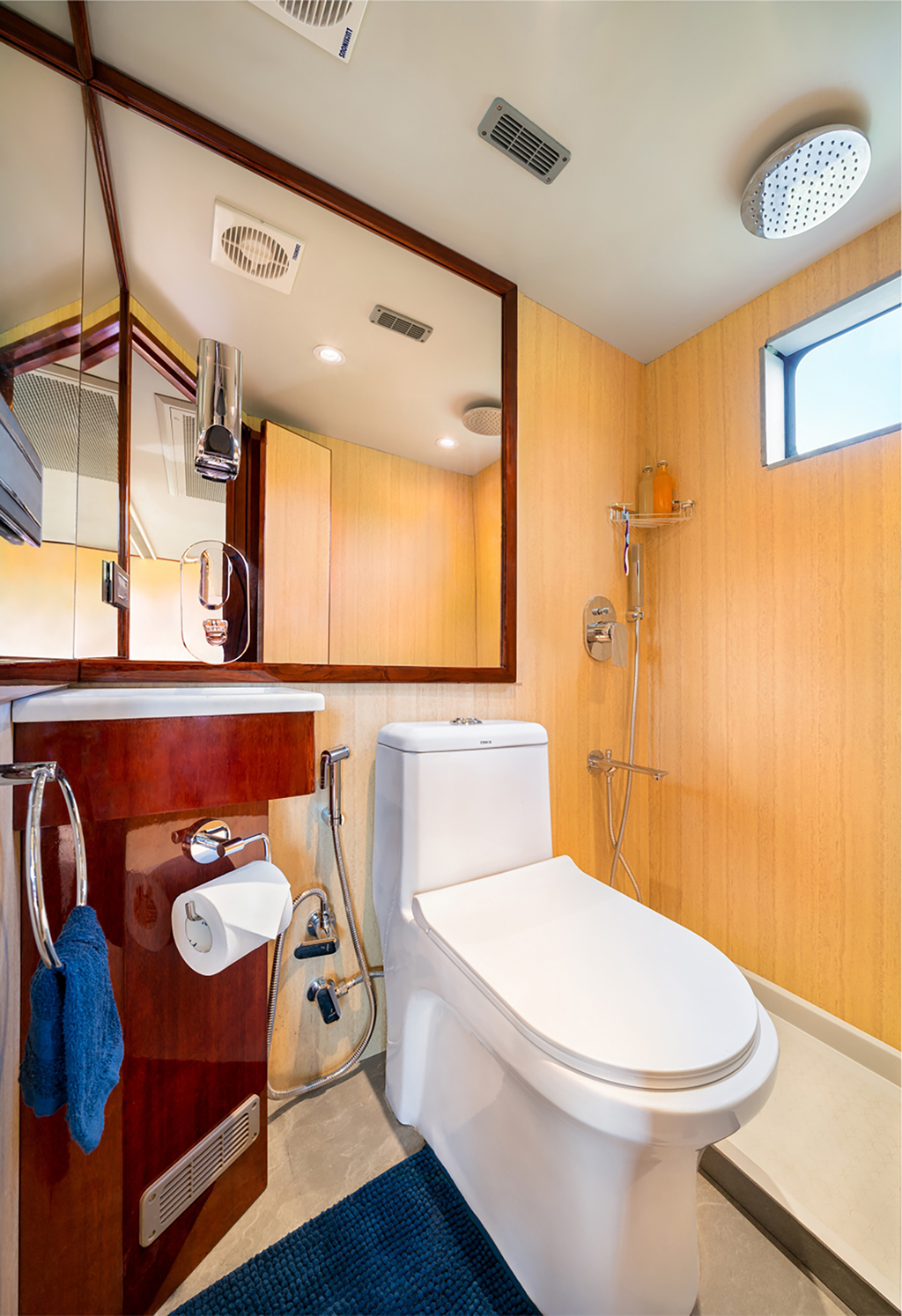
What’s new with JCBL on the bus side? Any new products launched in the last couple of years? Do you wish to share any other positive takeaways from the entire pandemic experience?
Various product developments and launches include bus body development on various alternative fuel chassis such as electric and CNG supplied by various OEMs for intra-city school, staff, city buses and inter-city buses for STU and private operators. A few positive takeaways from the pandemic were that we need more database evidence-based decision making, health and economies’ interlinking and health to be considered as shared responsibility. We also need to have more global corporations.
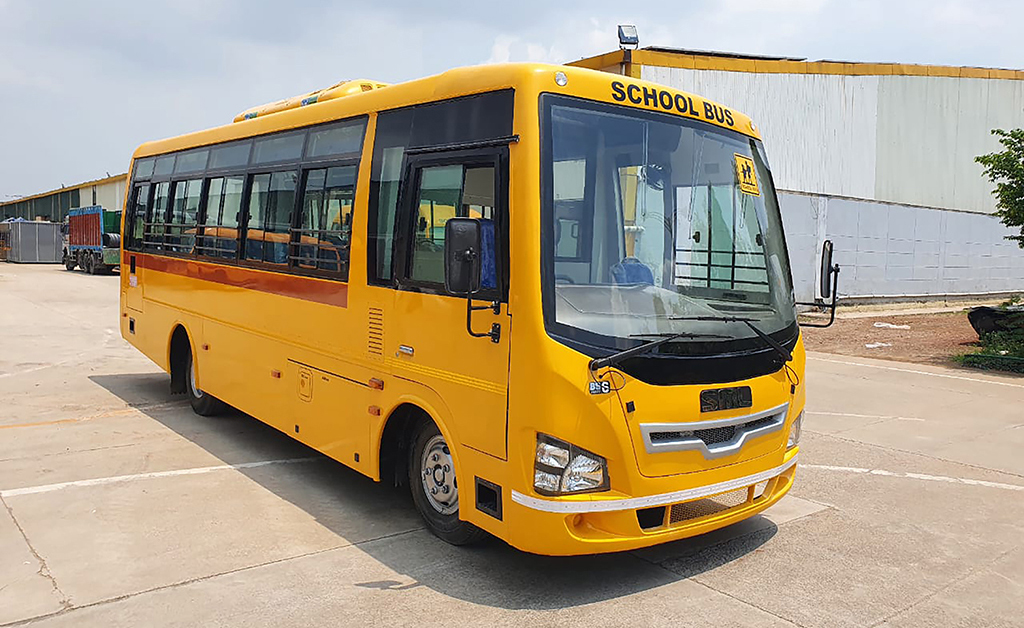
Education is the best future investment for growth, public awareness and understanding the effective role of media. Lastly, clean environment and climate change should also be everyone’s concern. Organisational agility is now a central theme to align and adopt in response to changing market conditions and requirements. A shift to digitalisation and exploring its advantages as per the evolving ecosystem and lastly, driving systematic change through the cooperation of stakeholders for being self-reliant are the other takeaways.
As one of the oldest and most respected brands in the Indian bus industry, what are your expectations from the government to help revive the bus sector? Do you have any requests or expectations from bus operators (both STUs and private) and other key stakeholders in the sector?
The public transportation industry, which accounts for 8% of the GDP, is currently experiencing unrest. The industry is a significant source of tax revenue for the government, including road tax, motor vehicle tax which varies from state to state for private operators, passenger tax, GST, tolls, and other taxes. We know the pandemic has been unprecedented in its impact which has severely affected the bus industry and we feel that the government needs to create an ecosystem to enable the STUs and private operators to restore their business model. Few policy-oriented decisions need to be taken which will be win-win for everyone, including the rollout of the national permit, operations of buses on the PPP mode, helping operators with a restructuring programme in place with banks, and reduction of GST, passenger and other taxes to reduce the financial burden on them till the time they get back to a level of normalcy.
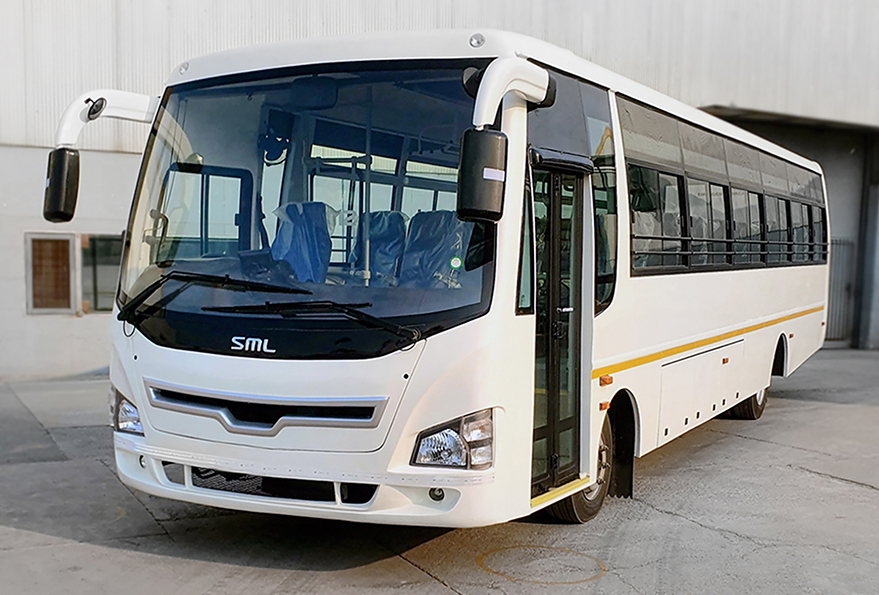
The Indian market is well and truly undergoing a massive change as far as electric mobility is concerned. Electric buses seem to be among the most active segments in this regard. What is JCBL’s take on adoption of e-buses and what is your current presence as well as future plans for this space?
JCBL has already built and supplied 40 electric buses to Ashok Leyland, which is the fourth largest bus and LCV OEM manufacturer globally, for Chandigarh’s city bus services society under FAME 2 scheme. Switch Mobility, which is the electric vehicle arm of Ashok Leyland, is operating and maintaining the fleet, including charging infrastructure in partnership with Siemens and aiming at delivering efficient cost-effective and sustainable e-mobility solution to our ‘City Beautiful’ commercial vehicle customers in India. JCBL is a preferred partner of Switch Mobility in building these electric buses and the product experience is among the best in the country. We look forward to working with them to supply zero emission buses for other northern cities under the FAME 2 scheme and private players for inter-city, intra-city, school and staff application buses. As such, JCBL is already a part of the EV bus ecosystem and doing its bit towards the global mission of becoming carbon neutral.
The caravan or mobile home market in India seems to be growing in attention and acceptance in recent times. What is JCBL’s offering in this space? Could you please share some details as to why you feel JCBL should be customers’ first choice when it comes to these products? How many units have you sold till date and which cities or regions are your largest customers from?
Caravan tourism has been a popular rich segment within experiential tourism around the world. In the post pandemic era, it appears that India’s caravan travel tradition has also taken off. Vacation at motorable destinations and caravan tourism have grown in popularity since restrictions were eased and people have begun to travel again as it offers them affordability, flexibility and freedom as well as safety and privacy, all of which have become an important consideration for a traveller in the post-pandemic world. The best part about travel in a motor caravan is that it gives you immense sense of freedom which is the very purpose of travel. People have now started to experiment with their road trips and this trend is here to stay.
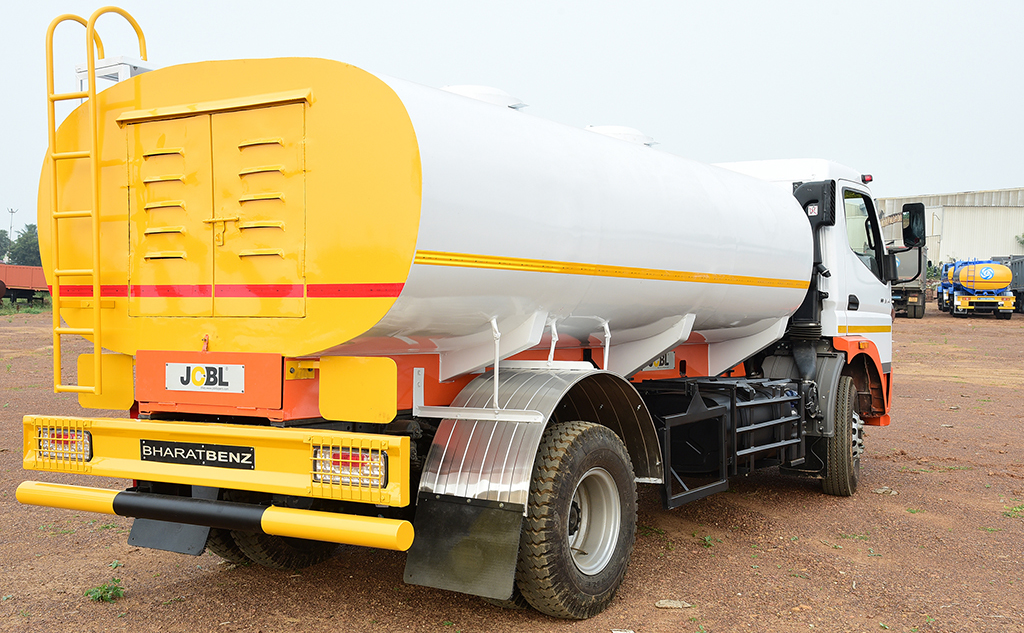
The caravan tourism ecosystem is being developed on the PPP model with private investors, tour operators and local communities being the major stakeholders. The government is providing investor subsidies to caravan operators and policy announcement is likely for the development and establishing caravan parks and chalking out processes and procedures for its operation and approvals. The state’s inclusive approach of leveraging the tourism potential of unexplored spots is being thrust to caravan tourism, the frontrunners being Kerala, Maharashtra, Uttarakhand, Himachal Pradesh, Karnataka and Madhya Pradesh.
JCBL has been a preferred partner in developing the motor caravan for the Kerala government. BharatBenz is one of our major stakeholders as we have developed our motor home on their chassis. We have all the necessary approvals from the state governments and homologation approvals from the ARAI. We have delivered the first lot of 15 motor homes to various customers for travel leisure and stay in Kerala, Leh, Ladakh and Rajasthan and other orders are in the making. Since there is a very encouraging business visibility of these motor caravans in Kerala and other states too, we are in the process of developing a few more customised motor caravans for various customers within the price range of Rs. 60-125 lakhs. The JCBL advantage is in ‘the making for achieving customer delight’.
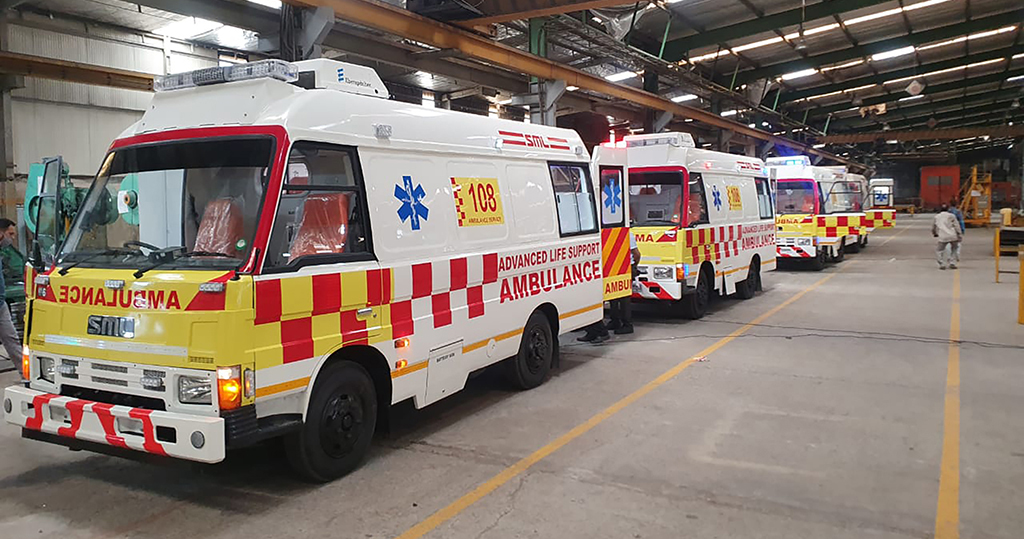
JCBL products available in the market go through a well-defined process of new product development, essentially covering the market survey concept development involving various stakeholders including the chassis manufacturer, the end user, planning prototyping and meeting various regulatory requirements of the government and the homologation process as per the required relevant standards followed by testing, product development and commercialisation. We also have a very strong customer feedback system and after-sales support, and are continuously working on customer feedback with the single objective to add value to our product.
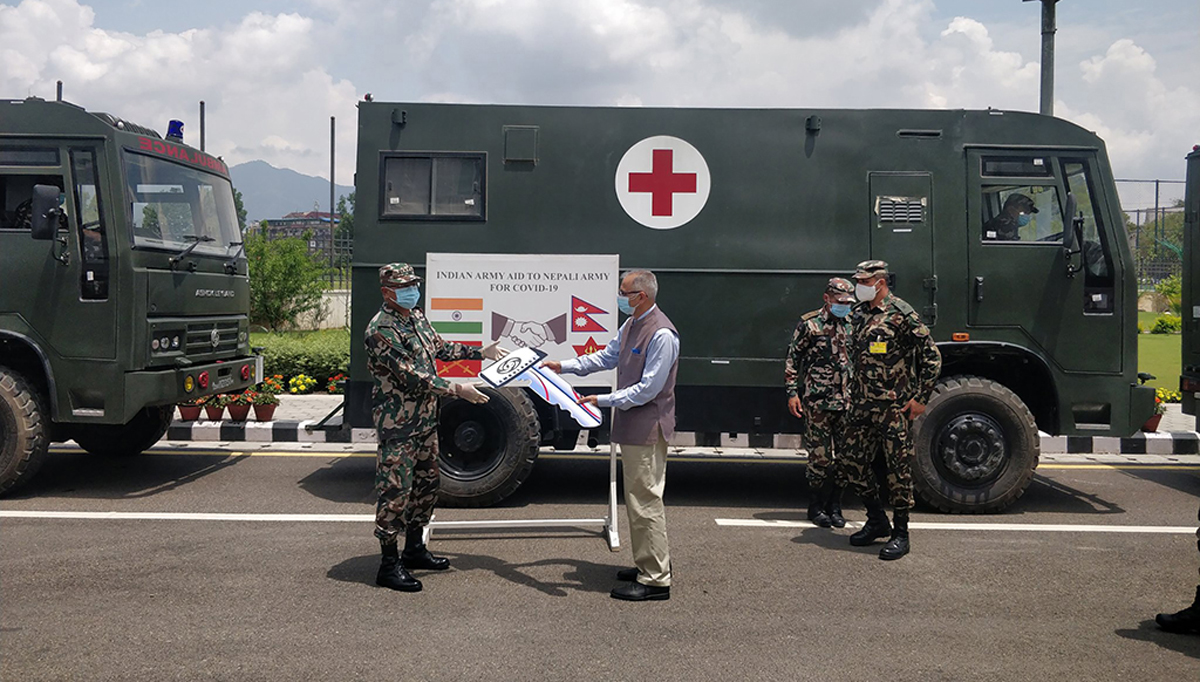
What are your plans for the next couple of years? What action do you foresee in the industry and at JCBL over the next few years, say until 2025? Please share in terms of new product launches, entry into new segments, capacity expansion, investments and financial targets.
The company’s vision is to manufacture high quality mobility solutions with high degree of customisation in the domain of passenger transportation, healthcare, special applications, logistics, mining and construction, defence solution and aerospace technology under the ‘Make in India’ initiative to become self-reliant in the defence sector in achieving the goal of a self-reliant India. We as a group are also looking to expand further into parts and components for the railways and complete system solution for the defence sector. The company aims to achieve a turnover of Rs. 500 crores till 2025. We have a capacity expansion plan in place with an investment of Rs. 100 crores.